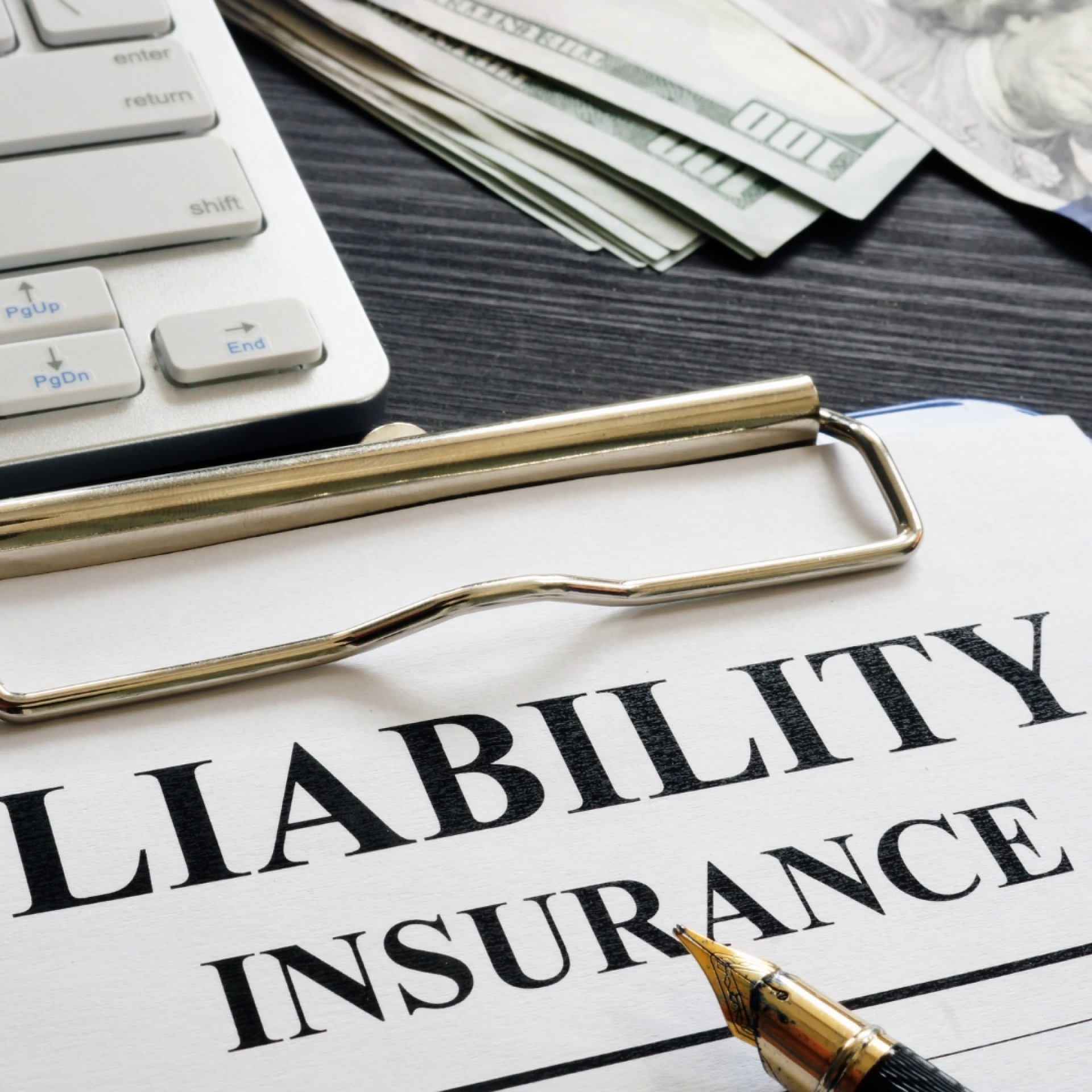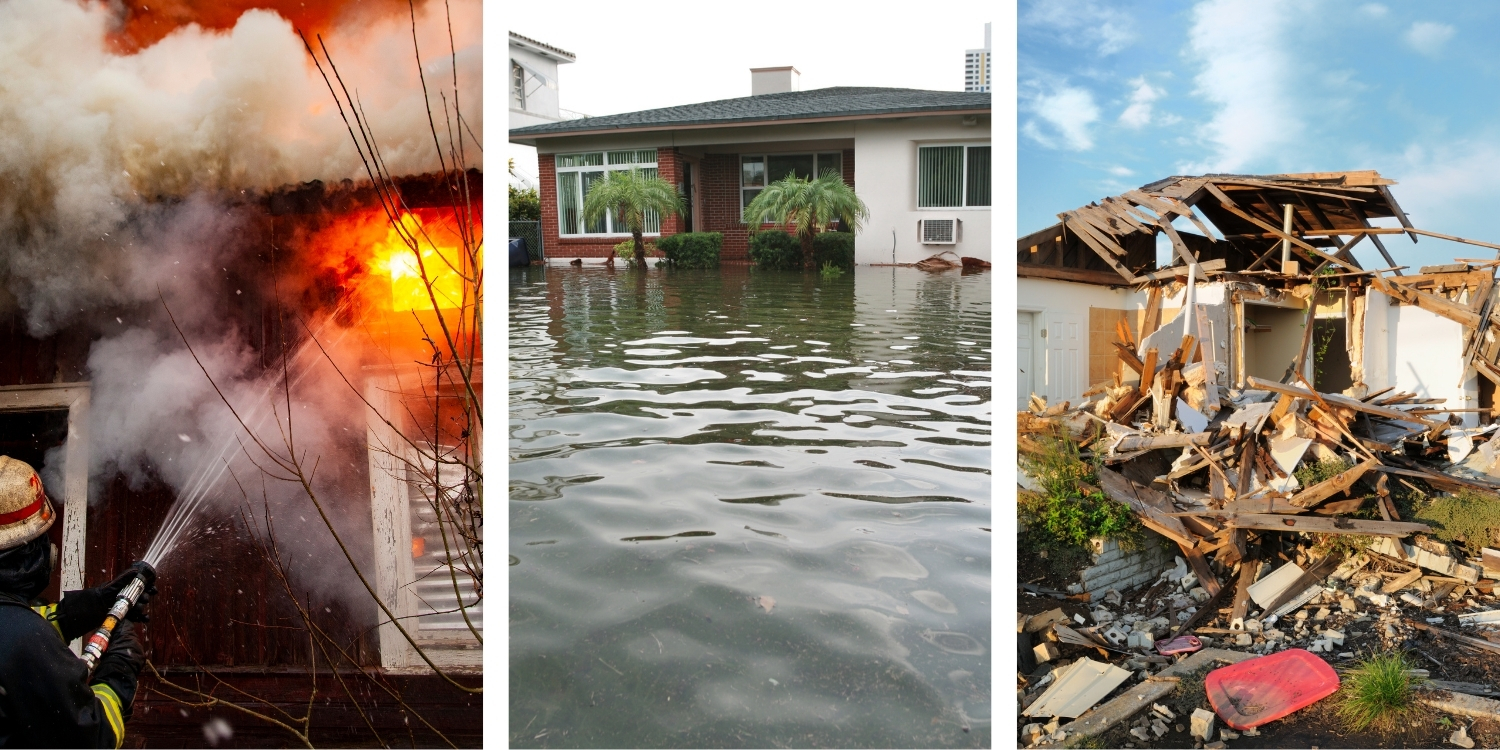Why is the Third Party Liability Important?

Why is the Third Party Liability Important?
One example of something many people are familiar with is "car insurance".
Cars running on the roads today, if they cause accidents, collide with others' properties, or cause danger, injury, or death to others, and cause damage to others intentionally or negligently, causing harm to others' lives, bodies, health, freedom, or property, is considered a violation of the civil and commercial law, Section 420. Compensation must be paid for damages. The amount to be compensated depends on the damage and loss incurred, which is an unpredictable figure. It could be a high amount, even in the millions. If unwilling to compensate for damages or unable to fully compensate for damages, disputes may arise, leading to social unrest and litigation to claim compensation, which may take longer to resolve. This is the basis of liability insurance for third parties, resulting from legal actions that cause harm to third parties by the insured, resulting in bodily harm or property damage. Sometimes the insured may not be the one causing the harm, but due to legal consequences, the insured must still be held liable under the law. For example, employers must compensate third parties jointly with employees for damages caused by employees during work. Car insurance comes in to cover actual damages in lawsuits based on the actual damage or up to the limit specified in the policy. This type of car insurance is included in compulsory insurance or what we commonly know as "Por Ror Bor" for cars and motorcycles, which the law mandates every vehicle to have. Without "Por Ror Bor," vehicle taxes cannot be paid. However, this law only covers damages to life, body, or health, including illness, and does not include property damage incurred by both the victim and the culprit.
When the compulsory insurance, which does not provide coverage for the property of third parties, but rather aims to provide protection for life, body, health, illness, as well as various assets of the insured, comes into play, this is where voluntary car insurance policies of various types come in. These policies allow insurance companies to assume the risk on behalf of the insured, instead of relying solely on compulsory insurance. The types of voluntary car insurance policies that consumers are familiar with include:

Type 3: Covers liability for damages to the property, life, body, health, and well-being of third parties if we are at fault, but does not cover damages to our own vehicle.
Type 2+: Provides coverage for damages to our own vehicle in the event of collision with other land vehicles (excluding collisions with other objects), and for damages to the property, life, body, health, and well-being of third parties if we are at fault.
Type 1: Provides the highest level of coverage, including liability for damages to our own vehicle, life, body, health, and well-being, as well as damages to the property, life, body, health, and well-being of third parties if we are at fault, including cases of theft or fire of our own vehicle.

Liability insurance towards third parties is a form of protection where insurance companies compensate third parties who suffer damages to life, body, health, illness, or property from the insured (policyholder or employer of the policyholder), or due to the defects of the respective business establishments. The company compensates for damages on behalf of the insured, paying directly to the injured party within the limits specified in the policy, known as "liability limits". As consumers, we, as both policyholders and potential recipients of compensation as victims, may be covered. It's worth noting that liability insurance towards third parties isn't limited to just automobiles or motorcycles but is also present in other insurance products, such as home and condominium insurance.

Home insurance, including coverage for condominiums or apartment units, typically provides protection for the dwelling itself (excluding the foundation) and the property within the dwelling from various risks. The general coverage usually includes fire insurance. However, additional coverages may vary between insurance companies, such as:
- Damage from falling objects, explosions, collisions, or impact from land or air vehicles, aircraft, or items falling from aircraft, and water damage (e.g., burst pipes or leaking roofs).
- Basic natural disaster coverage, including windstorms, floods, earthquakes, volcanic eruptions, tsunamis, or subterranean waves, and insect damage.
- Temporary living expenses coverage if unable to reside in the home.
- Insurance coverage for money and art objects.
- Permanent fixture glass insurance.
- Theft and burglary insurance covering visible forced entry.
- Personal accident insurance within the insured premises.
- Smoke damage coverage.
- Riots and strikes coverage.
- Damage to electrical appliances not caused by wear and tear.
- Removal of debris costs.
- Expenses for firefighters' operations and firefighting costs.
- Liability insurance towards third parties within the insured premises or within the territory of Thailand.

![]()
You can see that homeowner's insurance (including condominiums or apartments) doesn't only provide protection against fire or accidents, but also includes other coverages as mentioned earlier. However, these coverages may vary between insurance companies. Nowadays, some homes may have swimming pools or solar panels installed to generate electricity for personal use. Certain homeowner's insurance policies from some companies may provide coverage for these, while others may not. Additionally, some homes may have CCTV cameras installed for security purposes. However, when burglaries occur, we must report the incident to the police for legal action, and if the perpetrator is caught, they will be responsible for damages. However, if we have homeowner's insurance, the home will be repaired, and stolen property will be compensated for without waiting for the legal process.
Now let's talk about the liability coverage of homeowner's insurance (including condominiums or apartments). Coverage within the insured premises includes the area within the boundaries of the home, extending to the inside of our home. Let's consider the following scenarios:

- Our pet bites our friend, causing injury.
- We accidentally drop a glass on the floor, or there is water leakage on the floor, causing our friend to slip and get injured.
- Our friend gets shocked by faulty electrical wiring in our home or apartment.
- A large tree in our home's vicinity falls and damages the neighboring house's car parked below.
- Burning grass and branches in our home's vicinity spread and cause damage to neighboring houses.
- Our house catches fire, resulting in 1 million baht in damages, and adjacent houses or apartments suffer an additional 10 million baht in damages due to the fire spreading.
- A water pipe bursts while the owner of the apartment is away, causing water to overflow into adjacent rooms and the room below, causing widespread damage.
And so on.
From all the scenarios mentioned above, there are varying degrees of severity and financial damages. For example, the house fire causing 1 million baht in damages versus the spreading fire causing over 10 million baht in damages to neighboring homes. However, all of these are intentional or negligent acts by the homeowner or apartment owner resulting in harm to others, including their life, body, health, freedom, and property, constituting a violation under Section 420 of the Civil and Commercial Code, which requires compensation for damages. If the homeowner's insurance or condominium (apartment) insurance provides adequate and sufficient coverage for liability to third parties within the insured premises, then they would be protected under the liability coverage within the insured premises.
However, if we were to commit a violation outside the premises covered by the insurance policy, such as walking in a shopping mall and accidentally damaging a computer or mobile phone belonging to a store, and we want insurance to cover such actions, having homeowner's insurance or condominium (apartment) insurance that specifies liability coverage for third parties within the insured premises and within the territory of Thailand would provide coverage for such incidents.
Therefore, those who wish to purchase homeowner's insurance and condominium (apartment) insurance should not only consider the appropriate coverage limit and premium price but also delve into the details of coverage in various categories, as well as liability coverage for third parties.
To be continued
Auther : Trin Nawananthawong


